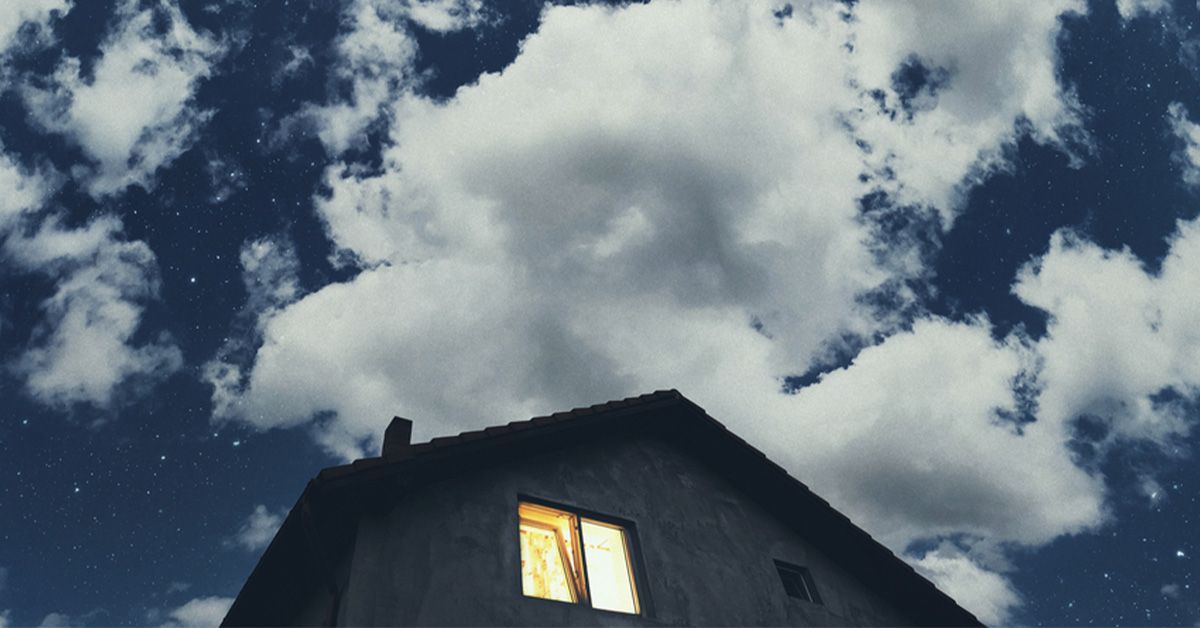Why Night Owls Face a Higher Risk of Depression: A Comprehensive Look
Are you a night owl, thriving in the quiet hours after the sun sets? While the nocturnal lifestyle might suit your personality, recent research suggests a potential downside: a higher risk of depression. This isn't about judging your sleep schedule; it's about understanding the complex relationship between chronotype (your natural sleep-wake cycle) and mental health. This article delves into the reasons why night owls may experience a greater susceptibility to depression.
The Chronotype-Depression Connection: More Than Just Sleep Deprivation
The link between chronotype and depression isn't simply about lack of sleep. While insufficient sleep is a known contributor to depression, the relationship is more nuanced. Studies suggest that night owls, individuals whose natural inclination is to stay up late and wake up later, might be biologically predisposed to a higher risk.
Biological Factors at Play:
-
Disrupted Circadian Rhythm: Our circadian rhythm, our internal biological clock, regulates numerous bodily functions, including sleep-wake cycles, hormone release, and mood regulation. A disrupted circadian rhythm, common in night owls who consistently fight their natural sleep patterns, can significantly impact mood and increase vulnerability to depression. This disruption affects the production of melatonin and cortisol, hormones crucial for sleep and mood regulation.
-
Genetic Predisposition: Research indicates a possible genetic component linking chronotype and depression. Specific genes influencing circadian rhythm may also play a role in susceptibility to mood disorders. More research is needed to fully elucidate these genetic connections.
-
Social Factors and Misalignment: Night owls often find themselves misaligned with the predominantly "early bird" society. This can lead to:
- Social jet lag: The mismatch between your internal clock and societal demands can create a chronic state of jet lag, impacting mood and energy levels.
- Limited social interaction: Difficulties syncing with social events and work schedules can lead to feelings of isolation and loneliness, exacerbating depression risk.
- Increased stress: The constant struggle to conform to societal expectations can contribute to chronic stress, a major risk factor for depression.
The Impact of Sleep Deprivation on Mental Health
While not the sole cause, sleep deprivation significantly compounds the risk. Night owls, often forced to wake up early for work or school, may experience chronic sleep restriction, leading to:
- Impaired cognitive function: Difficulty concentrating, making decisions, and remembering things.
- Emotional dysregulation: Increased irritability, anxiety, and emotional reactivity.
- Weakened immune system: Increased susceptibility to illness, further impacting overall well-being.
What Can Night Owls Do?
If you identify as a night owl and are concerned about your mental health, here are some strategies:
- Prioritize sleep hygiene: Maintain a consistent sleep schedule, even on weekends, to regulate your circadian rhythm.
- Create a relaxing bedtime routine: Wind down with calming activities like reading or taking a warm bath.
- Optimize your sleep environment: Ensure your bedroom is dark, quiet, and cool.
- Seek professional help: If you're experiencing symptoms of depression, don't hesitate to reach out to a mental health professional. Therapy and medication can be effective treatments.
- Consider light therapy: Exposure to bright light in the morning can help regulate your circadian rhythm.
- Talk to your employer: If possible, discuss flexible work arrangements that better align with your natural sleep-wake cycle.
Conclusion: Understanding and Addressing the Risk
The connection between chronotype and depression is a complex interplay of biological, genetic, and social factors. While being a night owl doesn't automatically equate to depression, understanding these factors is crucial for preventative measures and effective treatment. By prioritizing sleep hygiene, managing stress, and seeking professional help when needed, night owls can mitigate the increased risk and prioritize their mental well-being. Remember, prioritizing your mental health is a sign of strength, not weakness.
Keywords: Night owls, depression, chronotype, circadian rhythm, sleep deprivation, mental health, sleep hygiene, melatonin, cortisol, social jet lag, sleep disorder, mood regulation, genetic predisposition, therapy, light therapy.
